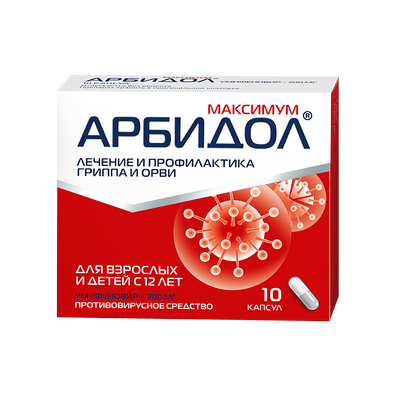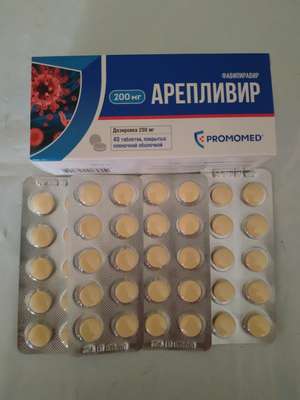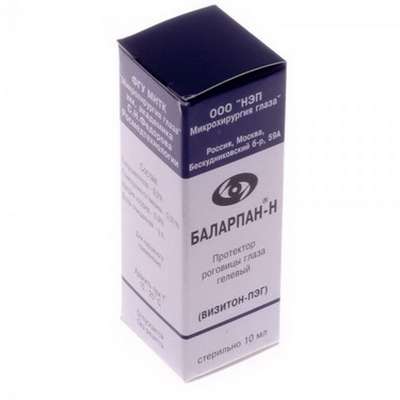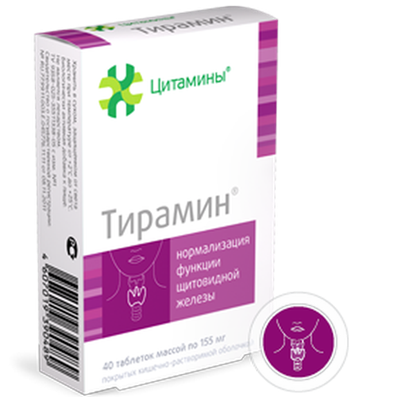Instruction for use: Opatanol
I want this, give me price
Dosage form: nasal drops
Active substance: Olopatadine*
ATX
S01GX09 Olopatadine
Pharmacological groups:
H1-Antihistamines
Ophthalmic products
The nosological classification (ICD-10)
H10.1 Acute atopic conjunctivitis: Allergic conjunctivitis; Allergic eye diseases; Allergic conjunctivitis; Allergic conjunctivitis caused by chemical and physical factors; Allergic rhinoconjunctivitis; Allergic inflammation of the eyes; Spring Qatar; Spring keratitis; Spring conjunctivitis; Conjunctivitis allergic; Year-round allergic conjunctivitis; Exacerbation of pollinosis in the form of rhinoconjunctival syndrome; Acute allergic keratoconjunctivitis; Acute allergic conjunctivitis; Superficial bacterial infection of the eyes; Rhinoconjunctivitis; Seasonal allergic conjunctivitis; Seasonal conjunctivitis; SENSORY; Chronic allergic keratoconjunctivitis; Chronic allergic conjunctivitis
Composition and release form
Eye drops 1 ml
Olopatadine hydrochloride 1.11 mg
(Corresponding to 1.0 mg of olopatadine)
Excipients: benzalkonium chloride, sodium chloride, disodium phosphate dodecahydrate; Hydrochloric acid concentrated and / or sodium hydroxide (for pH adjustment), purified water
In bottles-droppers plastic "Drop Tainer ™" of 5 ml; In a pack of cardboard 1 bottle.
Description of dosage form
Transparent or slightly opalescent solution from colorless to pale yellow.
Pharmachologic effect
Mode of action - antiallergic.
Pharmacodynamics
Olopatadine is a selective inhibitor of histamine H1 receptors, and also inhibits the release of inflammatory mediators from mast cells. Has a pronounced anti-allergic effect.
It has no effect on α-adrenergic, dopamine, muscarinic types 1 and 2, as well as serotonin receptors.
Pharmacokinetics
With topical application, systemic absorption is low. Cmax of olopatadine in blood plasma is achieved within 2 hours and is from 0.5 ng / ml and less to 1.3 ng / ml.
T1 / 2 in plasma is 3 hours. It is excreted mainly by the kidneys. 60-70% - unchanged.
Indications for the drug Opatanol
Allergic conjunctivitis.
Contraindications
Individual hypersensitivity to the components of the drug.
Application in pregnancy and breastfeeding
Sufficient experience in the use of the drug during pregnancy and during lactation there. The use of the drug during pregnancy, during lactation is possible in the case when the expected therapeutic effect exceeds the potential risk to the fetus.
Application in pediatrics. Sufficient experience in the use of the drug in children under 3 years is not. Opatanol can be used in pediatrics in children aged 3 years and older in doses similar to adults.
Side effects
Local. In some cases (less than 5%): blurred vision, burning and pain in the eyes, lacrimation, foreign body sensation in the eye, conjunctival hyperemia, keratitis, iritis, eyelid swelling.
In 0.1-1% of cases, weakness, headache, dizziness, nausea, pharyngitis, rhinitis, sinusitis, taste change are noted.
In some cases (less than 5%): blurred vision, burning and pain in the eyes, lacrimation, foreign body sensation in the eye, conjunctival hyperemia, keratitis, iritis, eyelid swelling. In 0.1-1% of cases, weakness, headache, dizziness, nausea, pharyngitis, rhinitis, sinusitis, change in taste.
Interaction
If necessary, can be used in combination with other local ophthalmic drugs. In this case, the interval between their use should be at least 5 minutes.
Dosing and Administration
Locally. 1 drop 2 times a day in a conjunctival sac. Shake the bottle before use.
Overdose
When topical application of an overdose is unlikely. If eye contact is excessive, it is recommended to wash eyes with warm water.
Special instructions
Opatanol contains a preservative of benzalkonium chloride, which can be absorbed by contact lenses. Before instillation of a preparation of a lens it is necessary to remove and establish back not earlier than through 20 minutes after instillation of a preparation.
Do not touch the tip of the pipette with any surface to avoid contamination of the solution.
If the patient after the application of the drug temporarily reduces the clearness of vision, it is not recommended to drive the car and engage in activities that require increased attention before its recovery.
MANUFACTURER
S.a. Alcon-Cuwrer i.v., B-2870 Puurs, Belgium.
Storage conditions of the drug Opatanol
At a temperature of 4-30 ° C.
Keep out of the reach of children.
Shelf life of the drug Opatanol
3 years. After opening - 1 month.
Do not use after the expiry date printed on the package.

 Cart
Cart





